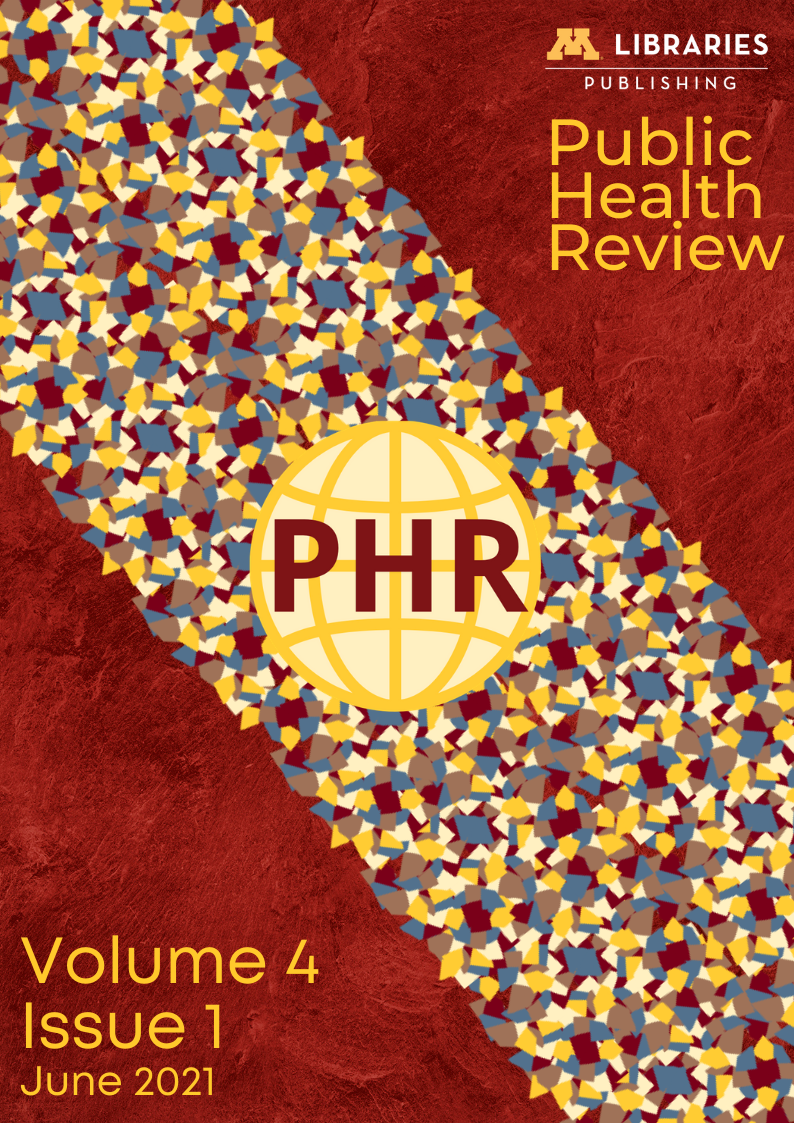Innovative Policy Approaches for Mitigating Antimicrobial Resistance: Polycentric Systems and the Governance of Antimicrobial Usage
Benjamin Blair
University of Minnesota
Megan Petrik
University of Minnesota
Abstract
Antimicrobial usage (AMU) by humans and animals is driving a worldwide increase in antimicrobial resistance (AMR). The emergence and spread of AMR can render previously treatable infectious diseases untreatable and is forecasted to significantly increase rates of morbidity and mortality worldwide in the coming years. The World Health Organization (WHO) estimates that, by 2050, 10 million people will die each year from AMR. Despite this, current worldwide efforts in response to AMR and AMU remain shockingly inadequate. The cumulative actions of individuals, organizations, and governments that have resulted in the proliferation of AMR could be classified as a collective action problem or a “tragedy of the commons.” Polycentric governance has been suggested to address issues involving the tragedy of the commons, or collective action issues, and this concept offers insights into potential AMR management strategies. In this work, we review and apply polycentric governance concepts to AMU and AMR at the local, regional, national, and transnational levels. We discuss the critical components and issues of polycentric governance systems as they pertain to AMR and AMU, which include learning, experimentation, communication, mutual trust, leakage, inconsistent regulatory initiatives, and free riding. This work offers the first application of polycentric governance systems to AMU and AMR, and its findings could be used to inform decision-making processes by public health experts, researchers, and policymakers to mitigate the public health risks of AMR.



